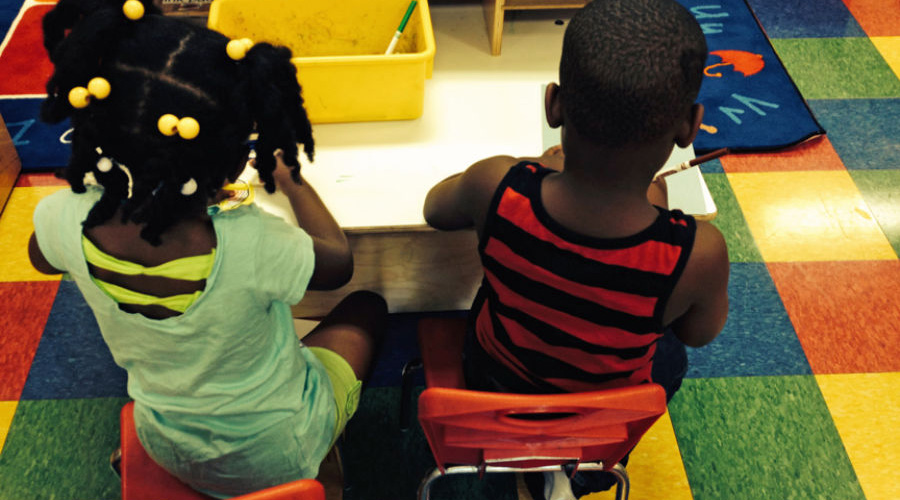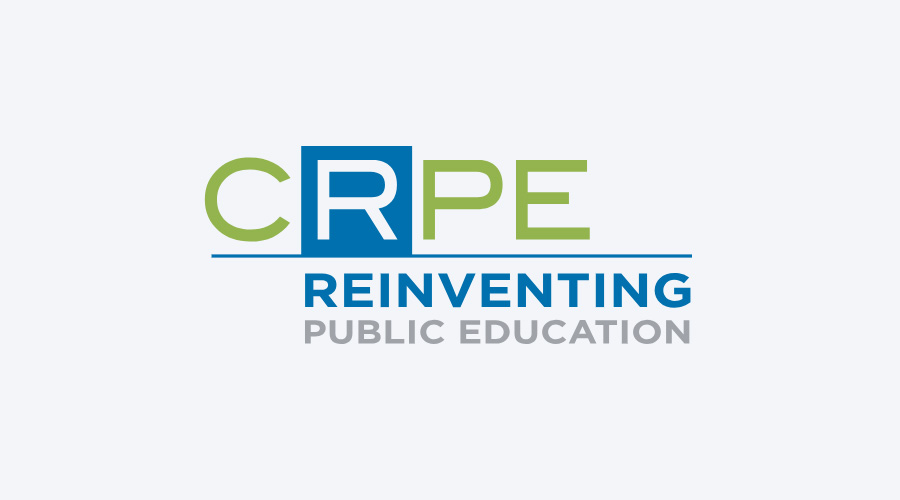What is getting lost in the tragedy of children being separated from their parents is the serious health impact on kids, both in the short-term and long-term. This is particularly concerning for students with disabilities, as research indicates that early trauma can impact children’s learning, behavior and relationships.
The Minnesota Department of Human Rights recently announced collaborative agreements with five school districts and five charter schools to address practices that lead to disproportionate discipline of students of color and students with disabilities.
Senior Fellow Paul O’Neill, NJSEC Executive Director Mark Rynone, and Program Specialist Stephanie Lancet attended the National Alliance’s Annual National Charter Schools Conference in Austin, TX.
Be sure to check out our most recently released resources, three case studies that document promising practices and innovative models adopted by Thrive Public Schools, Brooklyn Laboratory Charter Schools (LAB), and Mott Haven Academy Charter School.
This document gives an overview of the need for active CSOs in supporting special education in charter schools and gives a toolkit of resources to help them.
The Center for Learner Equity is partnering with Education Forward DC to examine cross sector data in Washington DC, with the goal of ensuring that all students with disabilities have access to a quality continuum of services.
As Superintendent Nikolai Vitti approaches his first anniversary of leading the struggling Detroit Public Schools Community District, I commend him for his energy and vision. In particular, I applaud his focus on developing a robust curriculum and hiring great teachers, the foundations of any great school district.
This post highlights the Civil Rights Data Collection’s new data regarding discriminatory discipline in schools.
From March 11-18, Executive Director Lauren Morando Rhim took a pause from NCSECS-related travel to visit Pyeongchang, South Korea and cheer on TEAM USA at the 2018 Paralympic Games. View event photos on The Center for Learner Equity’ Instagram!
The Center for Reinventing Public Education contracted with The Center for Learner Equity to conduct case studies on school models and practices that effectively serve students with special needs. This brief highlights how a San Diego charter school network is using personalized learning to meet the needs of its students with disabilities.





